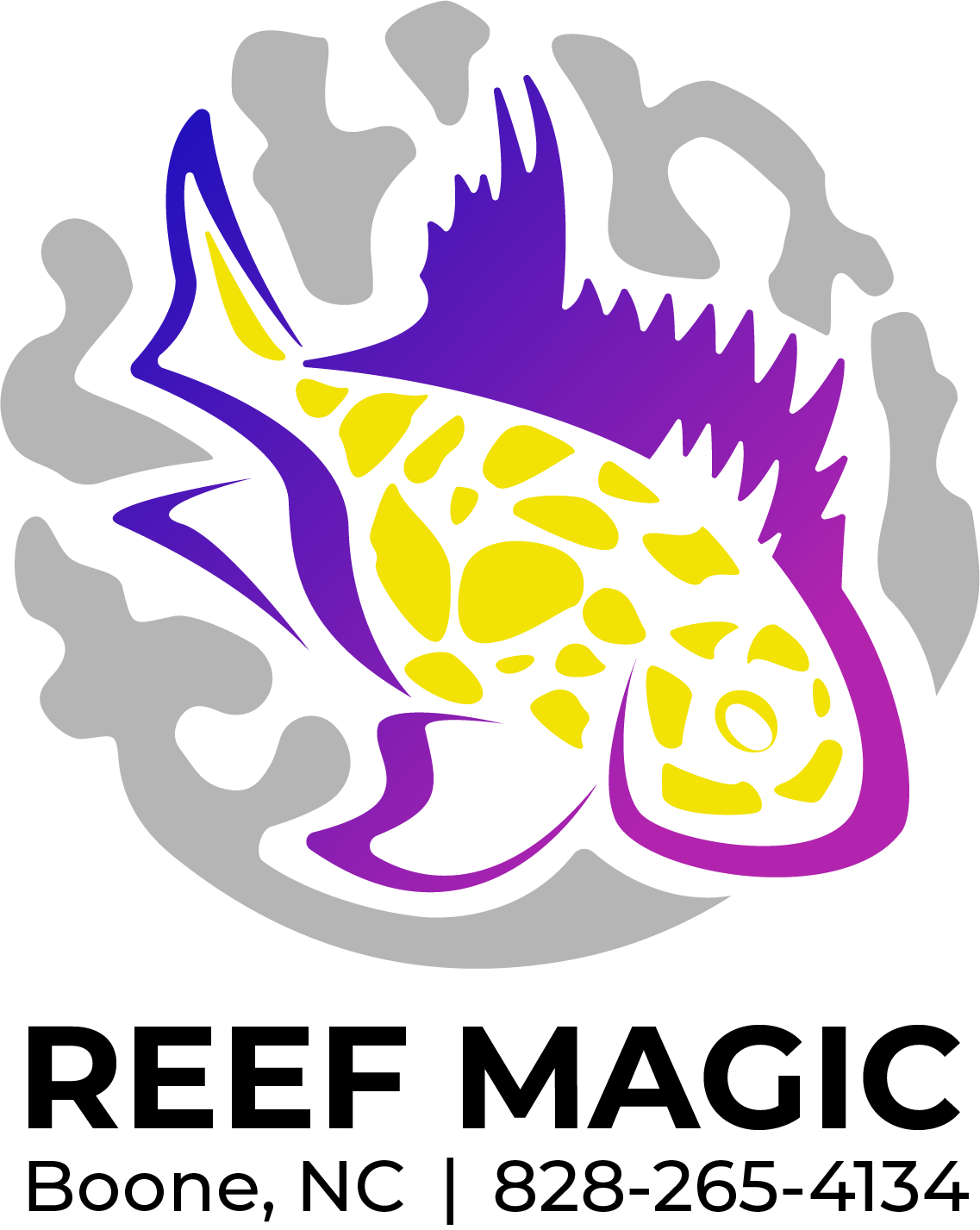 Image 1 of 1
Image 1 of 1


Basslet - Chalk
The Chalk Basslet (Serranus tortugarum) is a beautiful and popular marine fish often sought after for its striking appearance and peaceful nature. Here's a care guide to help you provide the best environment for these fish:
Species Overview: The Chalk Basslet is a member of the Serranidae family and is found in the Western Atlantic Ocean, particularly in the Caribbean Sea. It is appreciated by aquarists for its vivid colors and relatively small size.
Aquarium Setup:
Tank Size: A tank with a capacity of at least 30 gallons is suitable for a single Chalk Basslet.
Water Quality: Maintain stable water parameters including temperature (72-78°F or 22-26°C), salinity (1.020-1.025 specific gravity), pH (8.1-8.4), and low ammonia, nitrite, and nitrate levels.
Tank Decor: Incorporate live rock and other hiding spots to create a natural environment. These fish enjoy exploring rock formations and finding small crevices to hide in.
Feeding:
Diet: Chalk Basslets are carnivorous. Provide a varied diet consisting of high-quality marine pellets, frozen foods like mysis shrimp, brine shrimp, and other small meaty foods.
Feeding Frequency: Feed them 2-3 times a day, offering an amount they can consume within a few minutes.
Behavior:
Peaceful Nature: Chalk Basslets are generally peaceful fish and can be kept with other non-aggressive tankmates.
Territorial Behavior: While they are not overly aggressive, they may exhibit some territorial behavior, especially towards their own species. Avoid keeping multiple Chalk Basslets in a small tank unless you can provide ample hiding spots.
Compatibility:
Tankmates: Choose peaceful tankmates that are compatible with the Chalk Basslet's temperament. Avoid aggressive or territorial species that could stress or harm the basslet.
Maintenance:
Water Changes: Regular water changes are crucial for maintaining water quality and removing excess nutrients.
Observation: Regularly observe the fish for signs of disease, stress, or abnormal behavior.
The Chalk Basslet (Serranus tortugarum) is a beautiful and popular marine fish often sought after for its striking appearance and peaceful nature. Here's a care guide to help you provide the best environment for these fish:
Species Overview: The Chalk Basslet is a member of the Serranidae family and is found in the Western Atlantic Ocean, particularly in the Caribbean Sea. It is appreciated by aquarists for its vivid colors and relatively small size.
Aquarium Setup:
Tank Size: A tank with a capacity of at least 30 gallons is suitable for a single Chalk Basslet.
Water Quality: Maintain stable water parameters including temperature (72-78°F or 22-26°C), salinity (1.020-1.025 specific gravity), pH (8.1-8.4), and low ammonia, nitrite, and nitrate levels.
Tank Decor: Incorporate live rock and other hiding spots to create a natural environment. These fish enjoy exploring rock formations and finding small crevices to hide in.
Feeding:
Diet: Chalk Basslets are carnivorous. Provide a varied diet consisting of high-quality marine pellets, frozen foods like mysis shrimp, brine shrimp, and other small meaty foods.
Feeding Frequency: Feed them 2-3 times a day, offering an amount they can consume within a few minutes.
Behavior:
Peaceful Nature: Chalk Basslets are generally peaceful fish and can be kept with other non-aggressive tankmates.
Territorial Behavior: While they are not overly aggressive, they may exhibit some territorial behavior, especially towards their own species. Avoid keeping multiple Chalk Basslets in a small tank unless you can provide ample hiding spots.
Compatibility:
Tankmates: Choose peaceful tankmates that are compatible with the Chalk Basslet's temperament. Avoid aggressive or territorial species that could stress or harm the basslet.
Maintenance:
Water Changes: Regular water changes are crucial for maintaining water quality and removing excess nutrients.
Observation: Regularly observe the fish for signs of disease, stress, or abnormal behavior.





